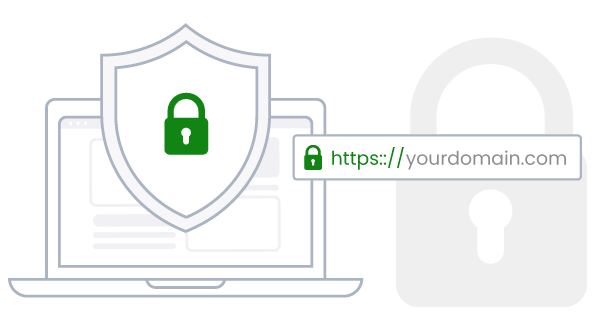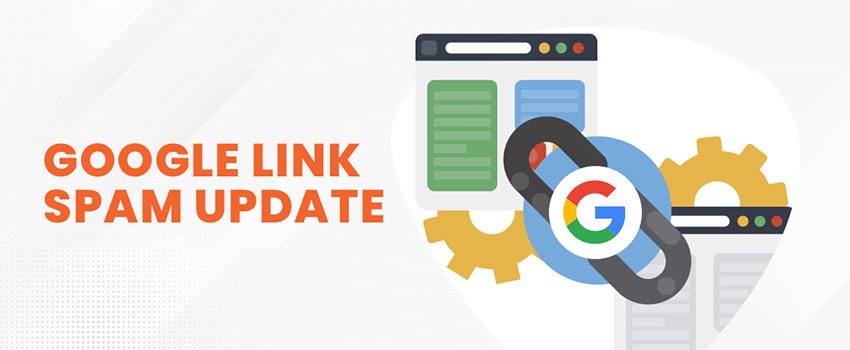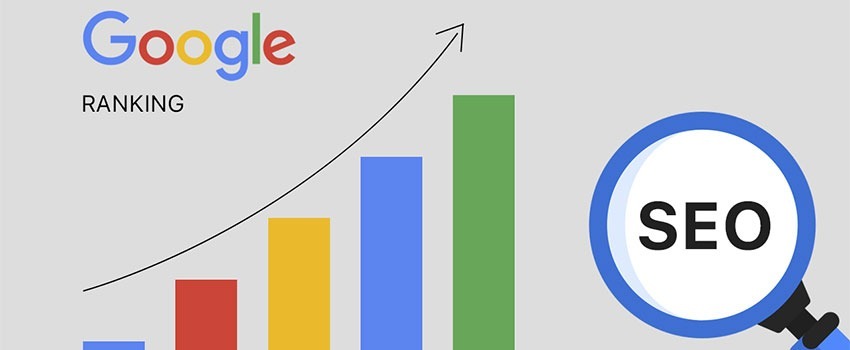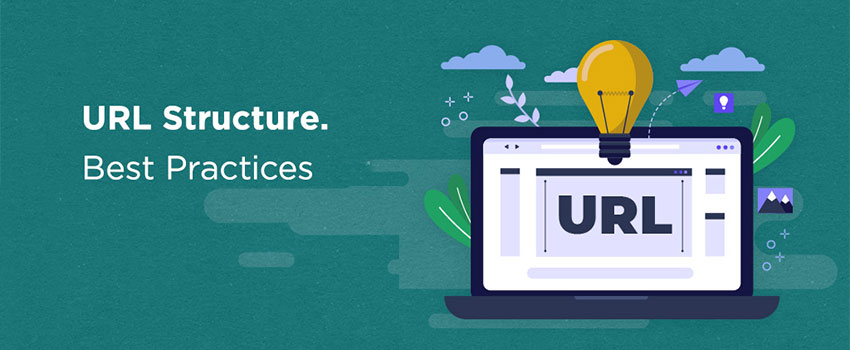How to build your website trust and credibility
Services delivered through websites are not personal, therefore trust and credibility are crucial in the customer buying decision process especially for ecommerce websites. Generally speaking, because online services are delivered through a medium that you cannot feel or touch, judging service quality is strongly tied to the credibility of the medium through which the service is delivered.
Building website credibility starts with building customer confidence. This is the focus of this post – how to build the credibility of your website to increase its conversion, reduce bounce rate and reduce the number of people who turn away from your website.
Trust is everything for a website owner. When it comes to running a website, making sure that your audience trusts you and your brand is critical, and that’s where credibility comes in. After all, if visitors don’t find your site trustworthy, they’re likely to take their business elsewhere. They cannot see you to explain the quality of service, you cannot deliver the service personally and even when you are known, they need to trust that you are the person communicating.
There are several ways to boost your site’s credibility, and fortunately, most of them happen to be easy to implement. For example, simply setting up an SSL certificate might be enough to increase your conversions. Customers trust websites that implement the SSL protocol more than those who do not. So one way to build trust and credibility for your website is to implement SSL on your site.
Further reading:
It is quite easy to do this and in very simple steps, you can have SSL enabled on your website. All you will need to do is to order SSL and contact our customer support to do the rest for you. At Todhost, you can have your SSL enabled and installed on your hosting account for free. Just contact customer support after your order and we will take it from there.
Also read:
Website Security Guide For Shared Hosting
6 Ways to Shield Websites From Security Hacks
Now, let us explore why website credibility is crucial for a successful website and how you can enhance yours.
Why Trust Matters for Ever Website
Trust and credibility are hard to quantify, but they’re vital for any website that hopes to succeed. For example, most people wouldn’t want to engage with a site that spreads misinformation or doesn’t handle data securely.
There are several ways credibility can benefit your site – here are some of the reasons you should be serious about your website credibility:
Higher conversion rates. If people trust you, they may be more willing to spend their money on your site. We live in a world where it has become increasingly difficult to trust people. Despite efforts of website hosting companies and domain managers to curtail internet fraud, there are still websites that are fraudulent and will continue to be difficult to detect. This has made people more skeptical and will want to be convinced that it is not out of place to do business on a particular website. If people can trust you, they will be willing to transact with you and so it is a good investment to build the trust of your website.
More sharing of content. Once you are trusted, the information you provide can always be taken to be true and shared with others. Users only tend to share content they consider reliable, which is where credibility comes in. Content sharing has a lot of positives. One of such positive values of content sharing is that it helps your Search Engine Optimization, SEO, efforts. The more people share the content from your website, the more links you get. The more links that come to your website, the more Google considers your website to be trusted and rewards you with better ranking.
Increased social endorsement. People are more likely to provide positive reviews and testimonials if a site seems credible. This is especially valuable, as lots of users rely on reviews and word of mouth to make their decisions about online purchases.
Trust builds referrals. When you are trusted, it is more likely to get referrals to your website.
As you can see above, there are key reasons why trust matters. With that in mind, let’s find out more about how to earn it!
How to Build Your Website Credibility
There are lots of ways a website can build up its credibility. For instance, a solid core strategy is to publish relevant valuable content over the long term in order to attract a captive audience. However, for this article, we’ll focus on methods that can be implemented quickly and deliver reliable results.
1. Obtain an SSL Certificate
Secure Sockets Layer (SSL) is a protocol that makes it possible for your browser and a server to establish a secure connection. To put it simply, this protocol keeps the information that your users share safe, which is paramount in today’s online landscape.
Even if you’re just hearing the term for the first time, chances are a lot of the websites you use on a day-to-day basis have SSL certificates set up. If they do, you’ll see an https prefix – instead of plain old http – within their URLs, as well as a lock icon in the address field:
The extra “s” indicates that you’re accessing that particular website through a secure connection, made possible by the SSL protocol. Needless to say, customers feel much better knowing their information is secure, which enables you to build trust.
Furthermore, depending on which type of certificate you’re using, you likely had to go through a verification process to get it. This is particularly important for e-commerce sites and other websites that handle credit card information or other sensitive data.
Despite how complicated the term sounds, setting up an SSL certificate is remarkably simple. Many web hosts, including us, will enable you to obtain and set one up through cPanel. The best part is, there are plenty of free (and reputable) options available.
2. Display Trust Seals on Your Site
Trust seals are accreditations given out by entities such as McAfee or the Better Business Bureau (BBB) which indicate that a particular website meets a set of criteria. There are many different trust seals covering a wide range of certifications, including having a secure site or following good business practices.
Some seals are so recognizable that their presence alone may be enough to boost conversions, such as those issued by Verisign, PayPal, and Norton.
The process for setting up each seal varies according to the entity issuing it, and there are too many to cover in a single article. However, here are a few you may want to consider:
Secured by PayPal: This is perfect for online stores of any size.
Norton Secured: Geared towards privacy and online security, it’s ideal for enterprise solutions.
BBB accreditation: This is a highly regarded accreditation for businesses located in the U.S and Canada.
There are, of course, plenty more trust seals to choose from, but there’s no need to rush and sign up for them all. Take your time and pick those that you feel are most appropriate for your business and you’ll soon reap the benefits.
3. Use The Social Media
If you’re interested in promoting yourself or your organization online, you are probably well aware that being active on social networks is an increasingly important part of the process. Building a strong social media presence does more than just advertise your brand. When you tackle it the right way, your social activity can also enhance your reputation and encourage people to think of you as an authority in your field.
-
The Value Of Authority
Trust has always been an important part of business relationships and this still holds true in the modern world of e-commerce. Maintaining an online reputation as a knowledgeable and trustworthy source of information can be a powerful deciding factor when potential customers choose between you and your competitors. It’s not just vendors looking to make sales that are interested in cultivating authoritative reputations.
Being an authority will lend weight to everything you post. This is not merely a rhetorical device, either. Individuals and companies that take pains to build good online reputations have an easier time attracting a wider audience because they are linked to others by other authorities and favored by the search engines. Building an authoritative reputation is a proven strategy for expanding your reach and attracting a wider audience.
-
Social Media As Part Of A Wider Marketing Strategy
Although today’s social networks are tremendously powerful communications tools, they are not ideally suited for generating a reputation as an authority on their own. You need content with some real depth to it in order to demonstrate your expertise and this is not always a good fit with social sites that prefer their users to post content in bite-sized chunks.
This does not mean you shouldn’t incorporate social networks into your overall plan for promoting yourself! Social media allows you to promote the content you publish in other venues. You can use excerpts, samples, and previews to entice followers into visiting your primary site and taking a look at your content. A social media presence also makes a perfect platform for engaging in two-way conversations about your content.
Although social networks probably won’t be the native ground for your most authoritative content, you should still make an effort to craft your work in a way that lends itself to promotion via social media. Content that concentrates on making a visual impact (e.g. infographics, videos) is particularly suited to this role. Good visuals can serve as the entirety of your content or be deployed simply as adjuncts to strong text.
As noted above, your content needs to go into some depth and explore new territory in order to establish your reputation as an authority. Take the time to write content that will deliver genuine value to people who discover it through your social media promotional efforts. Include strong reference links that support your ideas and guide your audience to even more information they’ll find useful.
Finally, don’t forget to mount standard social sharing buttons on your content pages. Your entire goal is to get more people to take notice of your efforts through increased social visibility. Give your audience the tools it needs to help you achieve that goal!.
Also read: Best Social Media Marketing Tools for Small Businesses
-
Engaging With The Community
As noted above, social networks are all about unbiased, back-and-forth communication. This makes them uniquely suited to engaging far more directly with your audience than other venues. Embrace this feature of social media rather than shying away from it. Encourage readers to reach out to you by addressing your social profiles and do your best to answer questions in an insightful, respectful way.
Social networks give you the opportunity to interact with people who are already seen as authorities in your field, too. Take advantage of this by keeping up with the latest trends in your niche, and don’t be afraid to reach out to influential people when you have something meaningful to say. Getting a little communication flowing between yourself and your niche’s thought leaders can bring you to the attention of a much larger audience.
Ultimately, planning out your ideal social media marketing strategy will depend on your personal situation, your goals, and your resources. The general principles detailed here should serve you very well if you want to use your social activity to improve your reputation and become an authority in your field.
Also read: How Small Businesses Can Compete and Win Against Big Businesses on the Web
4. Follow Industry Standards and Best Practices
When you search a term on Google, you expect a relevant list of results to be displayed. If that doesn’t happen, you become frustrated and lose a bit of confidence in the search capabilities. When customers don’t have access to features they’re accustomed to, they lose trust and confidence in the brand. Best practices include things like: contact information, customer testimonials, on-site search performance, and accepting multiple payment methods.
5. Keep Your Website Professional
Last but not least, professionalism is critical to convincing users that you’re operating a trustworthy website. Outdated or poorly executed web design can be a huge detriment to your site’s credibility. Conversely, a clean, modern design is far more appealing:
Moreover, for your site to be considered professional, it must also be easy to use. That means making sure that each page is clearly identified, your contact information is easy to find, and every feature works as intended.
All of these small elements add up to a pleasant online experience, which is what makes them so critical.
If your site meets all – or a majority – of the criteria covered within the above pieces, then it’s probably on its way to becoming a very credible site.
6. Be consistent
Your consistency will prove the power of those behind your website and give confidence to your visitors about the strength of those behind your website. Your consistency will help people to quickly understand how to use your site without thinking, and in particular they will know where to go and where they are when they get there.
Conclusion
Credibility is crucial for any website that’s going to make it in the long run. It doesn’t matter if you’re in e-commerce, promoting a service, or running a blog – trust is essential.
The good news is, building up your website’s credibility doesn’t have to be complicated, and it’ll enable you to reap tangible rewards, such as higher conversion rates and more content shares.
Let’s recap three of the most efficient ways to enhance your website’s credibility:
Obtain an SSL certificate.
Display trust seals on your site.
Keep your website looking professional.
Use the social media
Missed anything or you have any ideas to add that can improve website reputation? Let’s get it in the comment box.












